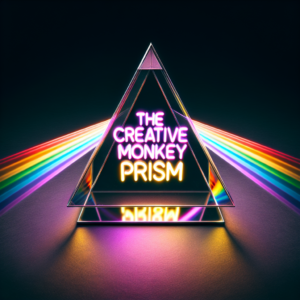Failure is often viewed as a setback, a stain on one’s character. But what if we see it as a stepping stone to something greater? Here are ten insights on reframing failure to serve your personal growth.
10 New Perspectives on Failure
- Growth Mindset: Carol Dweck’s theory of a growth mindset suggests viewing failures as opportunities to grow.
- The Edison Approach: Thomas Edison famously said he didn’t fail but found 10,000 ways that didn’t work. It’s all about perspective.
- Enhanced Creativity: Often, failure sparks the kind of creativity that success never could.
- Existentialism and Failure: Existentialists like Jean-Paul Sartre argue that we define ourselves through our actions. Failures are just another aspect of our existential freedom.
- Resilience: Overcoming failure builds emotional resilience, equipping you to handle future challenges.
- FOMO Versus Failure: The fear of missing out (FOMO) often surpasses the fear of failure. Balancing the two can offer novel experiences.
- Risk-Taking: Taking calculated risks and coping with potential failure is vital for progress.
- Constructive Feedback: Failures provide invaluable feedback, offering a chance to re-strategize and refine your approach.
- Humility: A good failure is a great teacher of humility, grounding us in our human limitations.
- Opportunity in Disguise: One door closes so another can open. Failure often redirects us to opportunities we hadn’t considered.
QR Poet Summary
Failure needn’t be a dead-end but a crossroads offering new directions for growth and self-discovery. By adopting a growth mindset and embracing the lessons that come with setbacks, we position ourselves for future successes.
The Big Question
How can you reframe your perception of failure to see it as a catalyst for personal growth?










